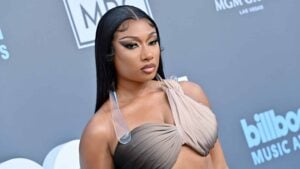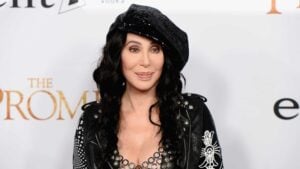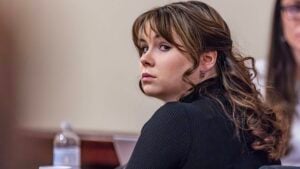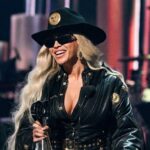-
I believe in the right to f*ck up. I also believe that racism is bad. It can be a tricky act to balance the two when they come into conflict. When 2016’s Miss Teen USA, who is white, was caught saying the n word repeatedly on Twitter, I was hesitant to accept her apology — in part because she used it casually, i.e. not to make a point about racism, and in part because it’s the n word.
When it comes to comedians, though, I tend to err on the side of forgiveness. Comedy is a tricky business; comedians, who are often rewarded for toeing the line of offensiveness, can easily cross the line without intending to or holding any malice in their hearts.
This is especially true early in a comedian’s development, and truer still in the age of social media. Crafting a perfect, 140-character commentary on a sensitive topic like race, sex, or politics is one of the toughest things a developing creative voice can do — there are bound to be plenty of mistakes.
Mistakes can take a lot of forms. They can be just errant takes coming from a good place, or mistaken, sincerely-held beliefs that people grow out of, or indications of actual malevolent racism, sexism, whatever.
This perspective is what informs my response to the controversy surrounding new Saturday Night Live cast member Melissa Villasenor. After the news that she’d be joining the cast of the long-running show became public, she made her Twitter private and started deleting tweets — but not before some people, presumably with nothing better to do, dug through seven and a half years of Twitter activity to find the most offensive things she’s tweeted.
The results, admittedly, are not good. Here are a few of the tweets that have garnered the most attention:
-
Source: twitter.com / Via: twitter.com
-
Source: twitter.com / Via: twitter.com
-
I can’t defend any of those tweets. (Except the one about her roommate’s dog looking like an old Japanese man; how is that racist?) But who among us, if all of our social media activity this decade were suddenly exposed to thousands, can say we’d be entirely defensible?
Let’s go back to the forms mistakes comedians make can take. If you look at Villasenor’s tweets, and compare them to the vast wealth of material she’s released, what bucket would you say they fall into? Do you think it’s more likely they’re poorly-executed attempts at jokes, or things she once believed but has since grown out of, or things she sincerely believes because she’s a virulent, hateful racist?
Again, saying you’re afraid of black people is not okay. It would probably be wise for Villasenor to apologize. But before trying to ruin a young comedian’s career, take a second to consider that a then 22- or 23-year-old person finding her creative voice is bound to screw up occasionally, and ask yourself if she really deserves to be the target of a witch-hunt.
What do you think? Do questionable tweets disqualify comedians from career success? Let us know in the comments below or @WhatsTrending on Twitter.









